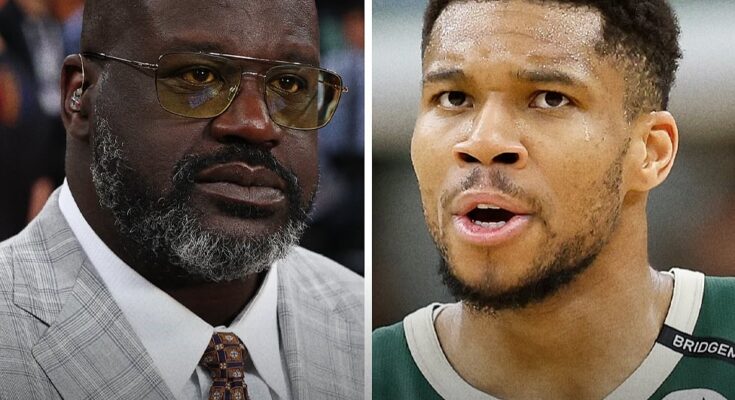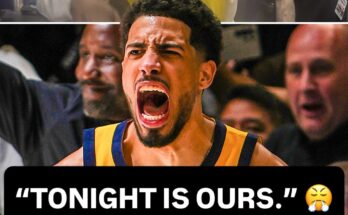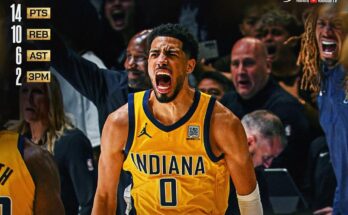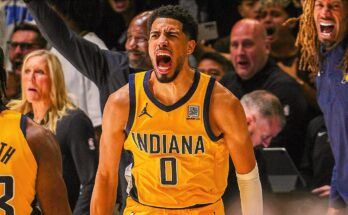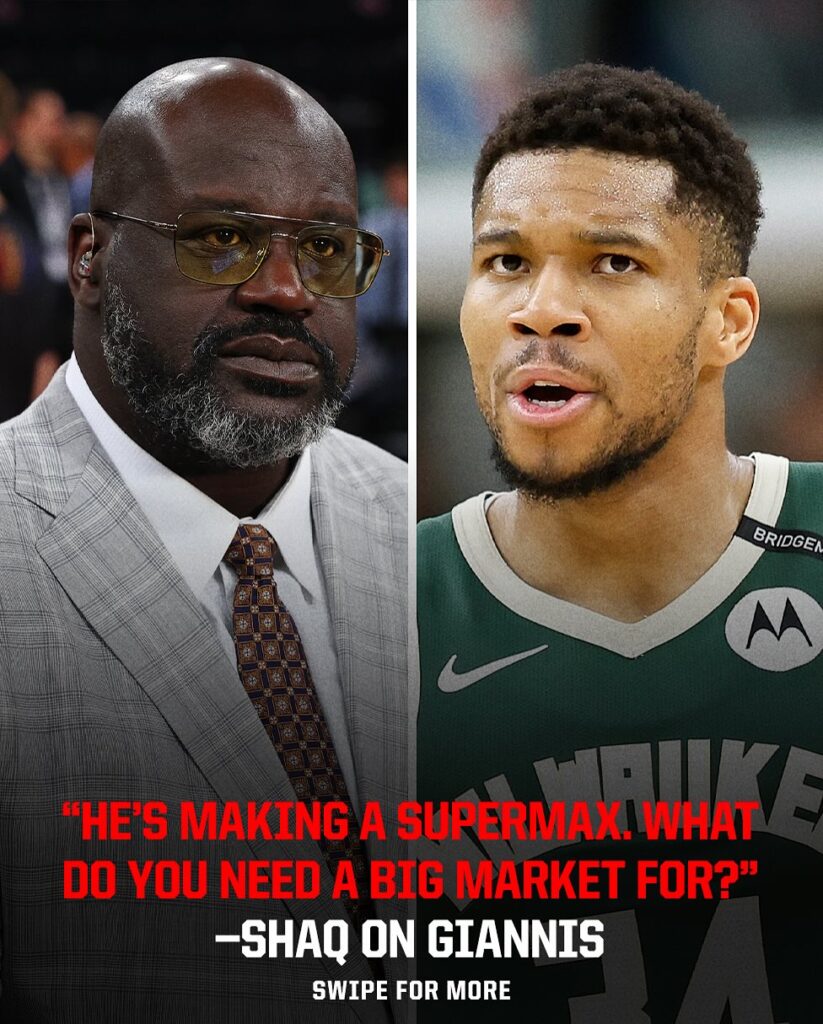
Stephen A. Smith has never been one to hold back. As one of the most outspoken voices in sports media, the ESPN personality is known for his passionate takes, larger-than-life delivery, and deep insight into the NBA’s culture and business. In a recent appearance on Good Word with Goodwill, a Yahoo Sports podcast hosted by senior NBA reporter Vincent Goodwill, Stephen A. dropped a quote that has the basketball world buzzing:
“When you’re transcendent, the market doesn’t matter. Superstars shine no matter where they are.”
It’s a bold claim — and one that cuts to the heart of a long-standing NBA debate: Does playing in a big market like New York, Los Angeles, or Miami give a superstar more clout, exposure, or legacy potential than playing in smaller cities like Oklahoma City, Milwaukee, or Memphis?
Stephen A.’s answer? Not anymore. Not for transcendent stars. And in 2025, with the way media, social platforms, and global fandom work, he may be absolutely right.
What Does “Transcendent” Mean?
Stephen A. wasn’t talking about just great players. He was referring to the rare few who elevate the game beyond numbers. The ones who are bigger than basketball. The LeBrons. The Stephs. The Kobes. The Shaqs. Players who, by sheer force of personality, talent, and impact, become global icons.
“These guys move the needle,” Stephen A. explained. “It doesn’t matter if they’re in Sacramento or San Antonio — if they’re transcendent, the world will follow them.”
It’s a message that speaks to the changing media landscape. In the 1990s or early 2000s, big markets often controlled national attention. Network TV favored coastal franchises. Endorsement deals followed media exposure. But today? One viral highlight, one major podcast appearance, or one behind-the-scenes docuseries can propel any player into the spotlight — regardless of zip code.
The Giannis and Jokic Examples
Two of the NBA’s most recent Finals MVPs — Giannis Antetokounmpo (Milwaukee Bucks) and Nikola Jokić (Denver Nuggets) — are perfect examples of what Stephen A. is talking about.
Giannis, a Greek-born talent drafted by a small-market franchise, became one of the league’s most beloved and marketable stars without ever playing in L.A., New York, or Chicago. His personality, authenticity, and dominance made him impossible to ignore.
Jokić, meanwhile, may be the most unconventional superstar the NBA has seen in decades. Playing for the Denver Nuggets, Jokic’s combination of humility, humor, and all-time great skill has transcended his market entirely. He doesn’t chase fame — but fame found him anyway.
“If you can play,” Stephen A. said during the podcast, “and you win? The world will come to you. The commercials. The awards. The shoe deals. All of it.”
Social Media Changed the Game
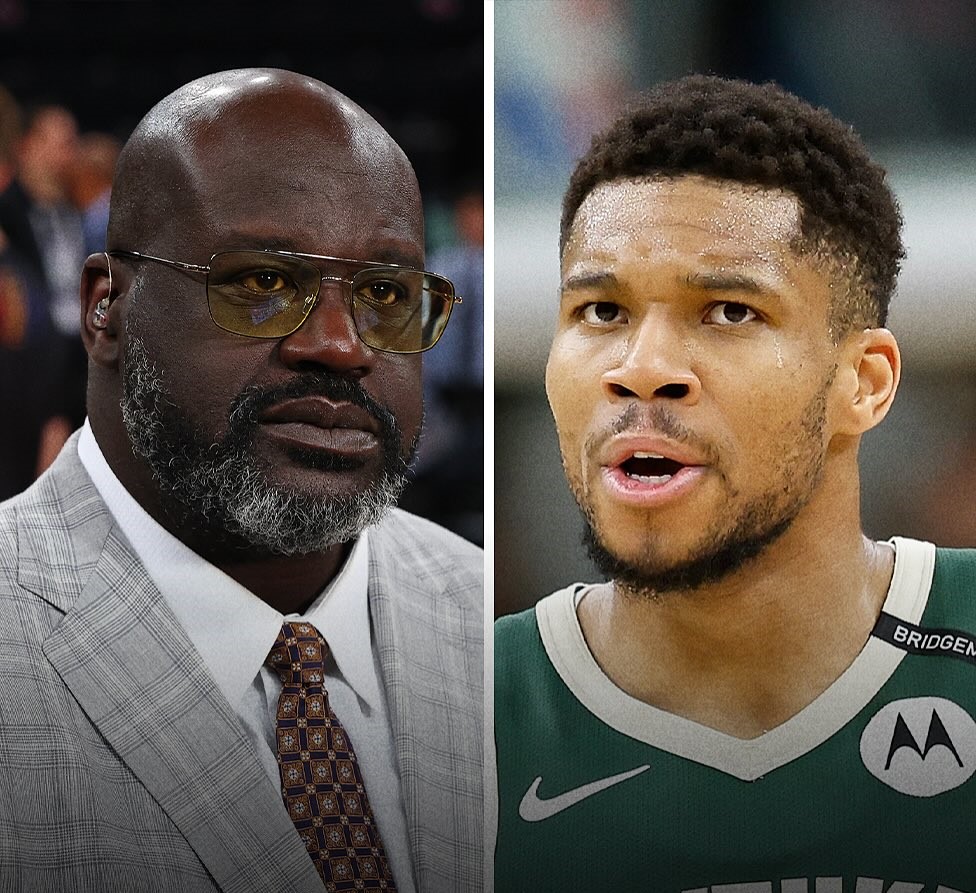
Another key point Stephen A. touched on: the rise of player-driven media. In the modern era, athletes don’t have to wait for ESPN or TNT to shine a light on them. Instagram, TikTok, YouTube, and podcasts give them full control of their brand.
“You got guys like Shai [Gilgeous-Alexander] in OKC,” Smith said. “He’s already a fashion icon. He’s got his signature style. He’s on LeagueFits every other night. That’s not about playing in New York — that’s about being himself, and letting the world see it.”
It’s a far cry from the past, when players in smaller markets often struggled for national relevance unless they made deep playoff runs. Now, personality and presence matter just as much as geography.
The Counterpoint: It Still Helps to Be in a Big Market
To be fair, Stephen A. didn’t deny that big markets come with perks. There are still more media outlets, higher-profile events, and sometimes easier access to lucrative off-court opportunities in cities like L.A. or New York.
But the point is that those advantages aren’t necessary anymore — not for the truly transcendent.
“If you’re a star, being in New York might get you in the headlines faster,” Smith said. “But if you’re special? It don’t matter if you play in Anchorage, Alaska. They’ll find you. They’ll follow you. You’ll still get your flowers.”
What This Means for the Future of the NBA
Smith’s perspective offers optimism for fans in smaller cities. It means their team can still draft or develop a megastar and keep them long-term — without worrying that they’ll leave just to “get more shine.” It means players can build legacy and brand anywhere, as long as they bring the talent and character.
And for the league itself, it’s a win-win. With global streaming, NBA League Pass, and international social media, the NBA is more decentralized than ever — and that’s good for growing the game across markets.
“We’re in a new age,” Smith concluded. “The era of ‘you gotta be in L.A. to be a star’? That’s over. Now, if you’re great, the world will come to you.”
Final Word
Stephen A. Smith’s voice often reflects where the NBA conversation is headed — and his latest take on Good Word with Goodwill might be one of his most important.
In a league where media narratives still matter, he’s reminding us that true greatness cuts through noise, ignores location, and rises on its own merit.
So next time someone says, “He’s wasting his prime in a small market,” maybe remind them:
Superstars shine wherever they are.
And if they’re transcendent?
The map doesn’t matter. ⭐️
